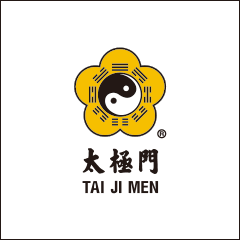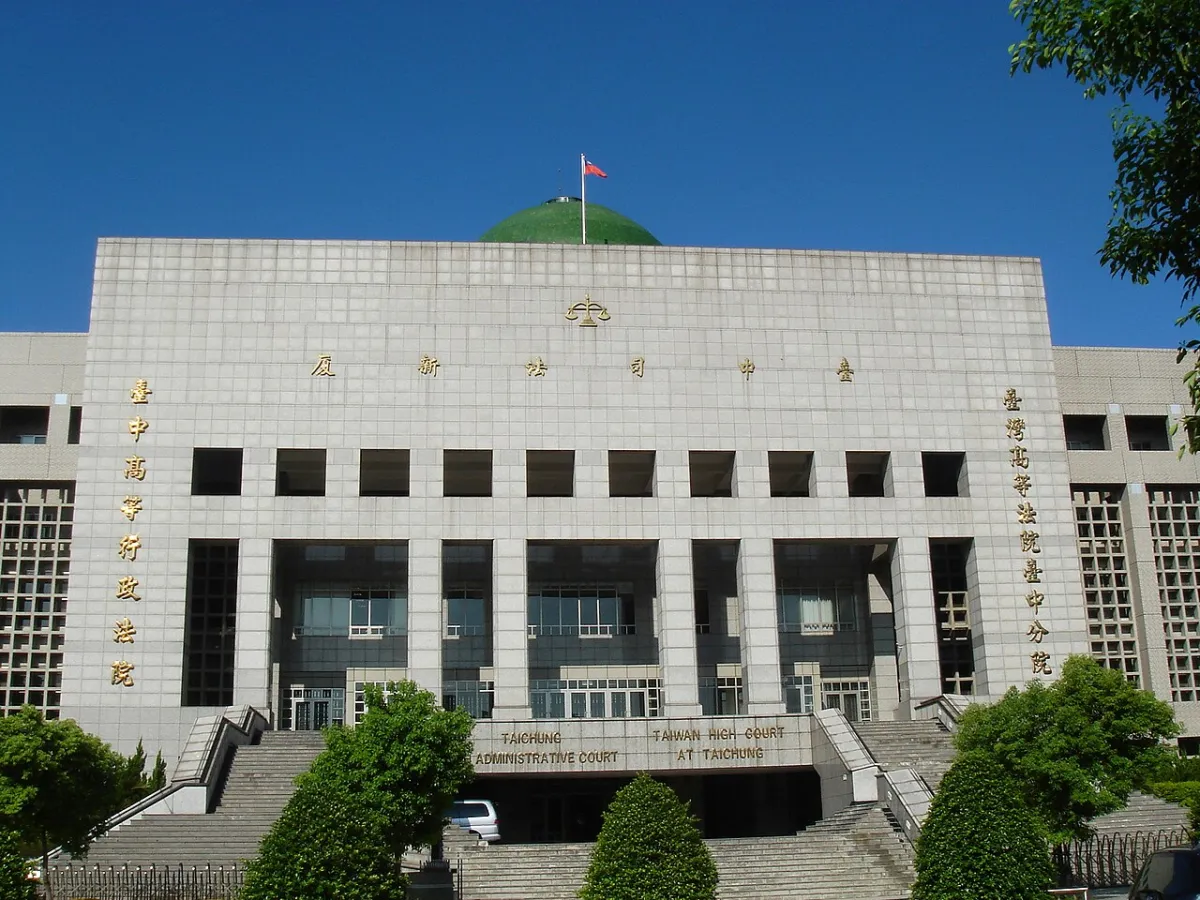
This paper was presented at the webinar “After the August 2 Taichung Decision on the Tai Ji Men Case: Can the Law Become a Tool of Violence?” co-organized by CESNUR and Human Rights Without Frontiers on August 22, 2024, United Nations International Day Commemorating the Victims of Acts of Violence Based on Religion or Belief.
by Alessandro Amicarelli — Tai Ji Men is a self-cultivation, martial arts, and qi gong menpai (similar to a school), legally incorporated in Taiwan by Dr. Hong Tao-Tze in 1966.
It is a customary practice for disciples in Taiwan and other East Asian countries to make donations, giving offerings, to the masters of their menpai inside red envelopes. These have always been considered as tax-free gifts rather than as money given in exchange for services or items. This is not different from what happens in the United States, where “love offerings,” as they were called until a few years back and now generally referred to simply as “donations,” made in church, are considered non-taxable and are not regarded as given in exchange for services or goods.
We, as an informal group of scholars and experts in different disciplines, have gathered around Tai Ji Men for more than four years to offer our help, provide support, and denounce the violation of this very solid tradition in Taiwan.
We have repeatedly reported about the contradictions and injustice of the Tai Ji Men case. Unfortunately, a recent court case that led to a verdict on the 2nd of August this year, has added more concern on top of disappointment.
The disappointment is serious, as we all hoped that Tai Ji Men could finally get the justice this group has expected for almost thirty years. These were years of abuse and violations, bullying and harassment, practiced by public officials of a country that is presented to the world as, and that we all believe is, a democracy.
The concern is about the ability of Taiwan to emancipate itself from its undemocratic past and to become a full-blown democracy. The rule of law, the respect of democracy and human rights are fundamental freedoms. They are the very basis of a modern free society.
The rule of law has not been honored in the case of Tai Ji Men and this is a serious breach, contradicting all official statements of Taiwan’s good intentions to become a full democracy after its turbulent past.
Originally for all the years from 1991 to 1996 and, after protracted litigation, for the year 1992 only, the content of the red envelopes was considered by Taiwan’s National Taxation Bureau (NTB) not as non-taxable gifts but as taxable tuition fees for the services of a (non-existing) “cram school.”
In fact, the National Taxation Bureau (NTB) corrected all tax bills for Tai Ji Men to zero except for the year 1992, maintaining that a decision issued by the Supreme Administrative Court in 2006 with respect to that year’s bill had become final and no different disposition was possible. This NTB decision, in the absence of a payment for the 1992 bill, led to the confiscation, unsuccessful auction, and nationalization in 2020 of Tai Ji Men land that was intended for a self-cultivation and educational center.
On the 2nd of August this year, the Taichung High Administrative Court ruled against Tai Ji Men’s request for a a refund of whatever might have been considered as payment for the 1992 tax bill. The Taichung judges stated that the 2006 decision was final and could not be rectified, despite acknowledgments by the same NTB that the tax cases for all years from 1991 to 1996 had all been assessed based on the same factual basis.

Taiwan High Court Taichung Branch Court and Taichung High Administrative Court. Credits.
The Taichung court’s decision was criticized for being biased towards the government’s bureaucracy as it happened in other tax cases. The judge who signed it, Liu Xi-Xian, had a record of consistently ruling against taxpayers. For instance, in 2012, he set a record by ruling against taxpayers in 100% of the cases he decided.
Moreover, it is concerning that the Taichung High Administrative Court did not provide persuasive reasons for its decision. The judge did not clearly mention the grounds on which he made his decision and why exactly, as he suggested, the 1992 bill might have been different from the bills for the other years. This makes clear that the decision was biased and based on prejudice and pre-concepts rather than on real legal reasoning.
We understand that in light of this most recent court verdict, the issue extends far beyond taxes into a violation of freedom of religion or belief, and a violation of the principle of equality. This calls for truth, justice, reparation, restoration of innocence, and return of confiscated property to spiritual minorities like Tai Ji Men. They faced harassment and bullying through taxes, which has caused also depression and even death among dizi (disciples) and affected hundreds of people.
Despite new facts favoring Tai Ji Men that emerged after the 2006 decision about the year 1992, including a 2007 Supreme Court decision clearly stating that Tai Ji Men was never guilty of tax evasion, the legal system has failed to rectify the situation, highlighting challenges in seeking justice and fairness in cases involving religious freedom and taxpayers’ rights.
With philosopher Friedrich August von Hayek in his famous book “The Road to Serfdom,” we can say that this is a case of “One step forward, two steps back.” One step forward was made when the Tai Ji Men tax bills for the other years were corrected to zero, but two steps back were made when it was decided that the 1992 bill must be maintained. This attitude took Taiwan forty years back to a miserable time of abuse, injustice, and serfdom that we all believed had been overcome once and forever.
We can raise our voice and tell the Taiwanese authorities that we do not give up hope and will keep supporting Tai Ji Men and its Shifu Dr. Hong in their fight for justice by quoting Martin Luther King: “Injustice anywhere is a threat to justice everywhere.” Taiwan deserves better. Our tsunami of love will not stop until justice is reached.
Article published also on Bitter Winter





